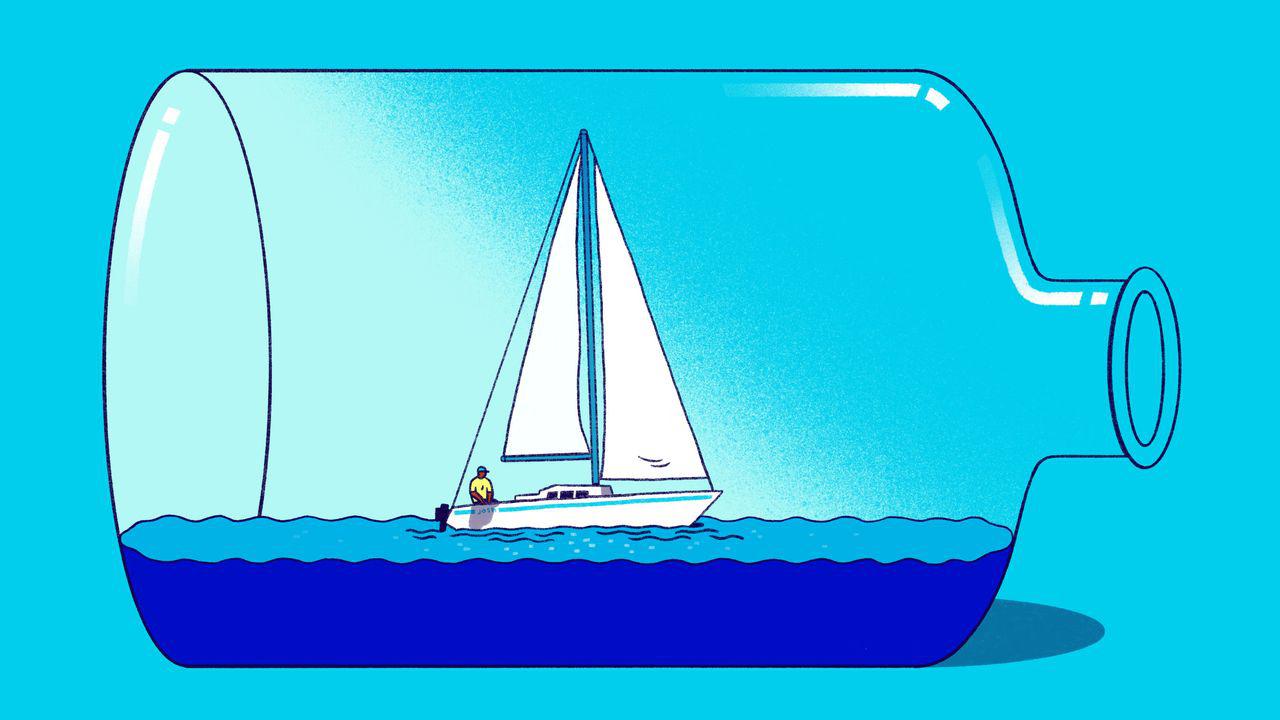
2025-11-04 2793词 晦涩
The low I-ratio of hobby talk reflects the nature of hobbies. Although many have outward-facing aspects, a hobby is ultimately a form of self-cultivation, pursued for reasons of personal satisfaction. Our society values publicity and productivity: perhaps that’s one reason that hobbies seem like they’re in decline. On YouTube, creators worry that “no one has hobbies anymore,” and lament “the grindification of hobbies”; from their point of view, we’re too distracted by our phones or side hustles to watercolor. In The Atlantic, Tyler Austin Harper writes that “hobby inflation” has raised the cost of “golf, skiing, indoor climbing, mountain biking, photography, knitting, tabletop games, and theatergoing,” among other hobbies. (Harper cites a number of causes, including tariffs and surge pricing; we might add income inequality, and the internet’s tendency to get everyone interested in the same things at the same times.) Moreover, in an era defined by maximalism and monetization, it’s harder to be an amateur. If we’re good at something, we want to go all-in, and even to make money from it. We appear to be disconnecting from the mode of life in which we do things in moderation, just because we enjoy them.journey-inline-newsletterinline-newsletter
免责声明:本文来自网络公开资料,仅供学习交流,其观点和倾向不代表本站立场。